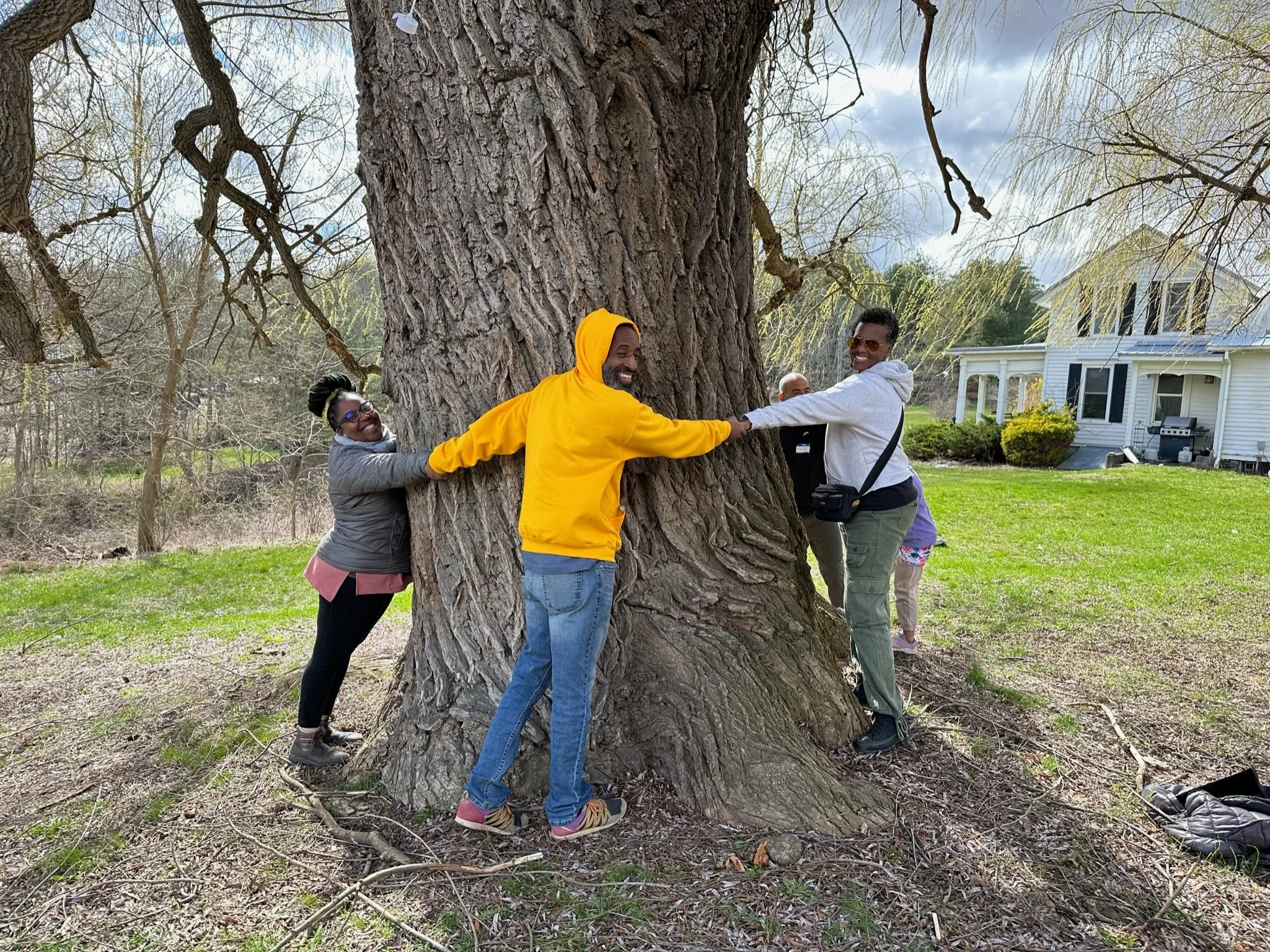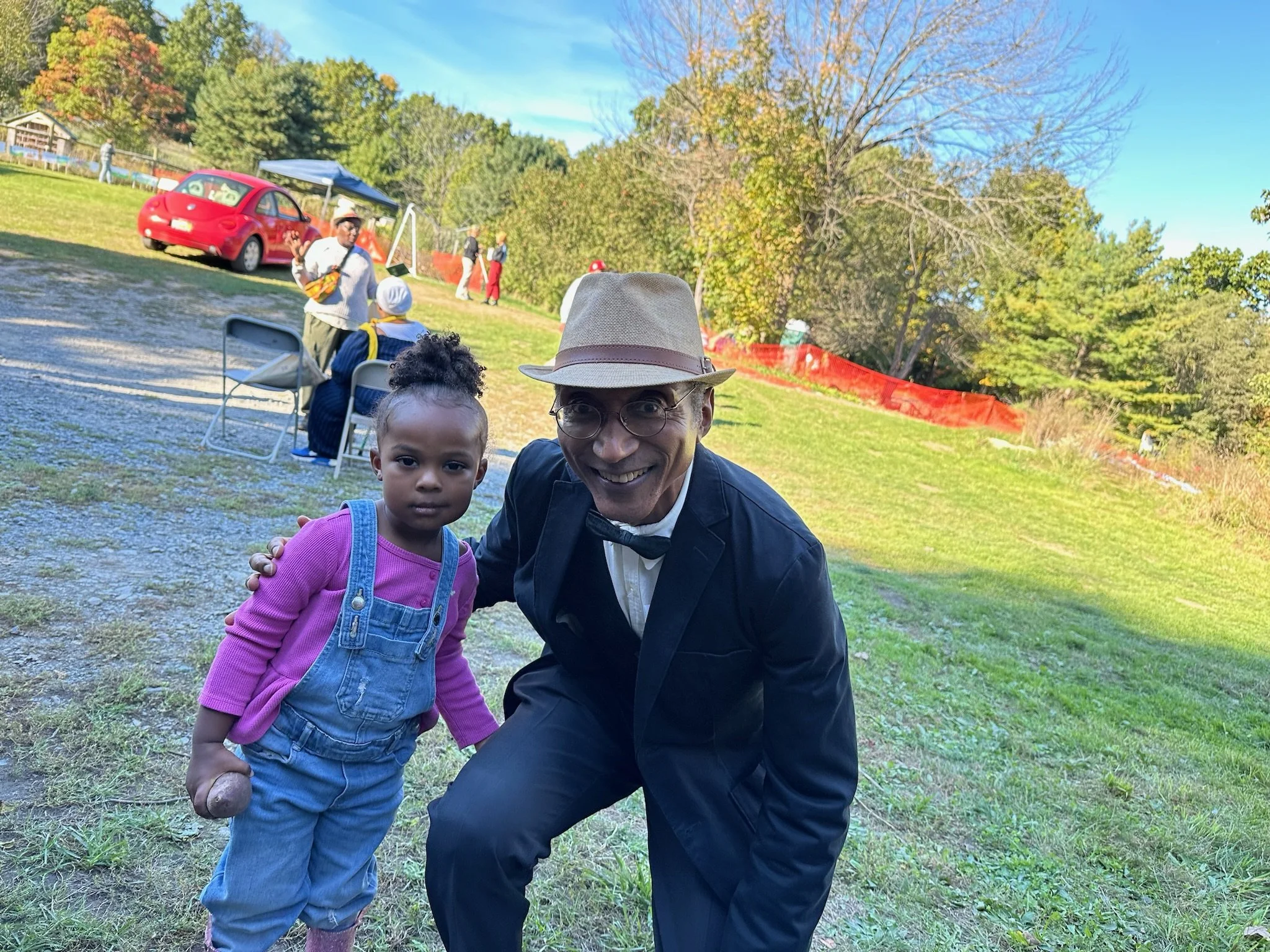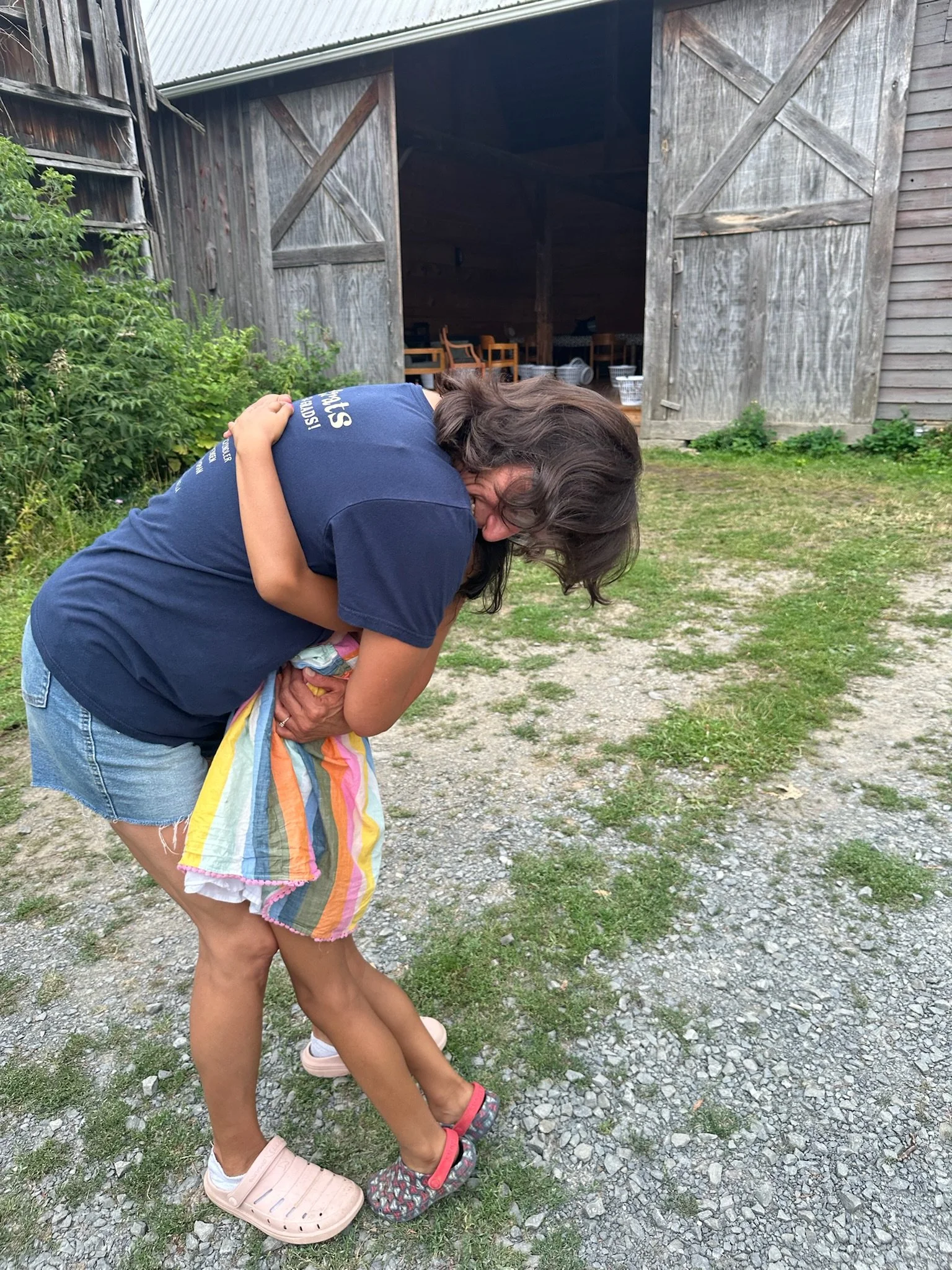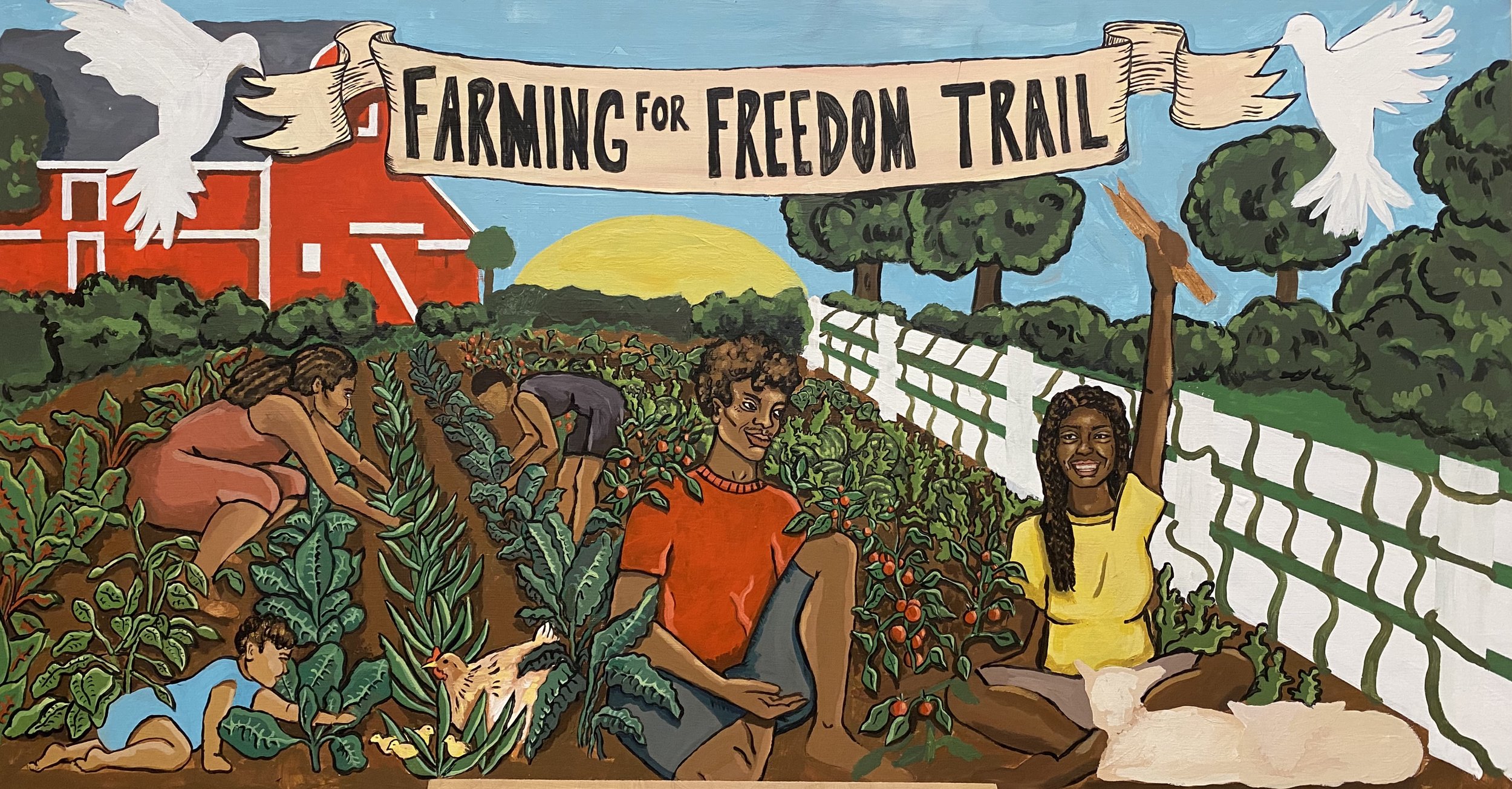ALL are welcome here because these are places where the disenfranchised are welcome. These farms are the locations where true freedom, justice, and equality ring loud and clear, the bounty and joy of which can be shared with all.
FREEDOM WEEKEND:
A huge thank you to the farms and communities
Of the Finger Lakes of New York State
for another successful year!
Farming for Freedom Trail FREEDOM WEEKEND!
See the full schedule and trail passport info:
Who are we?
The Farming for Freedom Trail is a farm trail agri-tourism network that links farmers of color to one another and to the community at large, uplifting farmers who are contributing at the core of food justice work as well as equitable and ecologically sound land governance endeavors. A great number of people in this region and beyond wish to learn more about the real stories of farmers at the forefront of sustainable agriculture whose efforts are sustained through a strong commitment to the land and one another despite historic disenfranchisement and oppression.
These farms form the basis of new models of cooperative and dignity-affirming agriculture and equity-based farming and stand on the shoulders of agricultural luminaries like Fannie Lou Hamer, George Washington Carver, Booker T. Watley, and Shirley Sherrod, who, despite being hard-pressed and bone-tired, forged new pathways for people to shine a light for one another and the world and feed people in the process. Today, farmers of color illuminate ways in which the systems of oppression which continue to exert destructive influence along lines of food insecurity and land dispossession can be overturned and replaced.
Visitors to these current-day, history-making, and socially innovative farms can hear the deeply resonant stories of the farmers as well as see their goats, chickens, cows, horses, and pigs frolic in green fields of freedom and empowerment and purchase products whose revenues go to support the families and communities that seek to thrive in the face of adversity.
ALL are welcome here because these are places where the disenfranchised are welcome. These farms are the locations where true freedom, justice, and equality ring loud and clear, the bounty and joy of which can be shared with all.

VISION
We envision diverse and well-supported food systems in this community. Through the uplift of marginalized farmers, the diversification of rural spaces, and equitable farm stewardship paradigms, combined with fun and educational community tourism activities, we see increased agritourism and stronger networks of care and connectivity for our local farmers. Along with this, we see repeat overnight visitors from urban and suburban localities in the Northeast and along the Eastern seaboard of the U.S. coming and enjoying the beautiful farms, food, landscape, community, and music of the Finger Lakes.

Purpose
The key to building strong local agritourism sectors is deeply connected with protecting farmland from conversion to non-farming uses. The power to do both lies within communities’ efforts to support farmers and land stewards, particularly those who come from at-risk backgrounds, by connecting them with strong webs of connection, support, and community recreation, building networks of support within land-owning communities of color. Indigenous, Black, and Immigrant (IBI) farm owners, a demographic that has historically been underserved by the institutions designed to promote effective agritourism support, need the promotion necessary to navigate evolving systems of tourism and recreation in ways that acknowledge their unique and compelling stories. Creating an IBI farm network that is focused on agritourism and community connection will help ensure that IBI farmers remain an important part of the solution to address the economic, social, and community-strengthening challenges of our time. This will enable our region to become a tourism hub for out of town visitors looking for unique and compelling activities and opportunities to learn and grow together while enjoying good food and beverages, music, and a view of our amazing landscape including our beautiful farmland.
History
This project is part of a millennia-long project to uplift community food systems in ways that support local agriculture and community health. It addresses historic inequities in farming and the agritourism of the region.
Since the beginning of the 20th century, African American farmers have been dispossessed of nearly 13 million acres of land due to legal structures such as heirs property laws and systemic racism within government programs like USDA and HUD and private sector policy in banking and real estate. Currently, less than 2% of all farms nationwide are owned or operated by African-American farmers, despite the national African-American citizenry making up more than 13% of the populace. According to the New York State Agriculture and Markets Diversity and Racial Equity Report, “About 25% of BIPOC farmers in the state are earning less than $1,000 of on-farm income. There are 8,964 farms with white producers generating over $50,000 in farm income, while only 103 farms with BIPOC farmers are generating that amount.”
But, the good news is, farmers of color are regaining a foothold in our region. They are starting farms, building cooperative networks to support their businesses, growing really good food, and developing delicious, locally-made, value-added products.
















